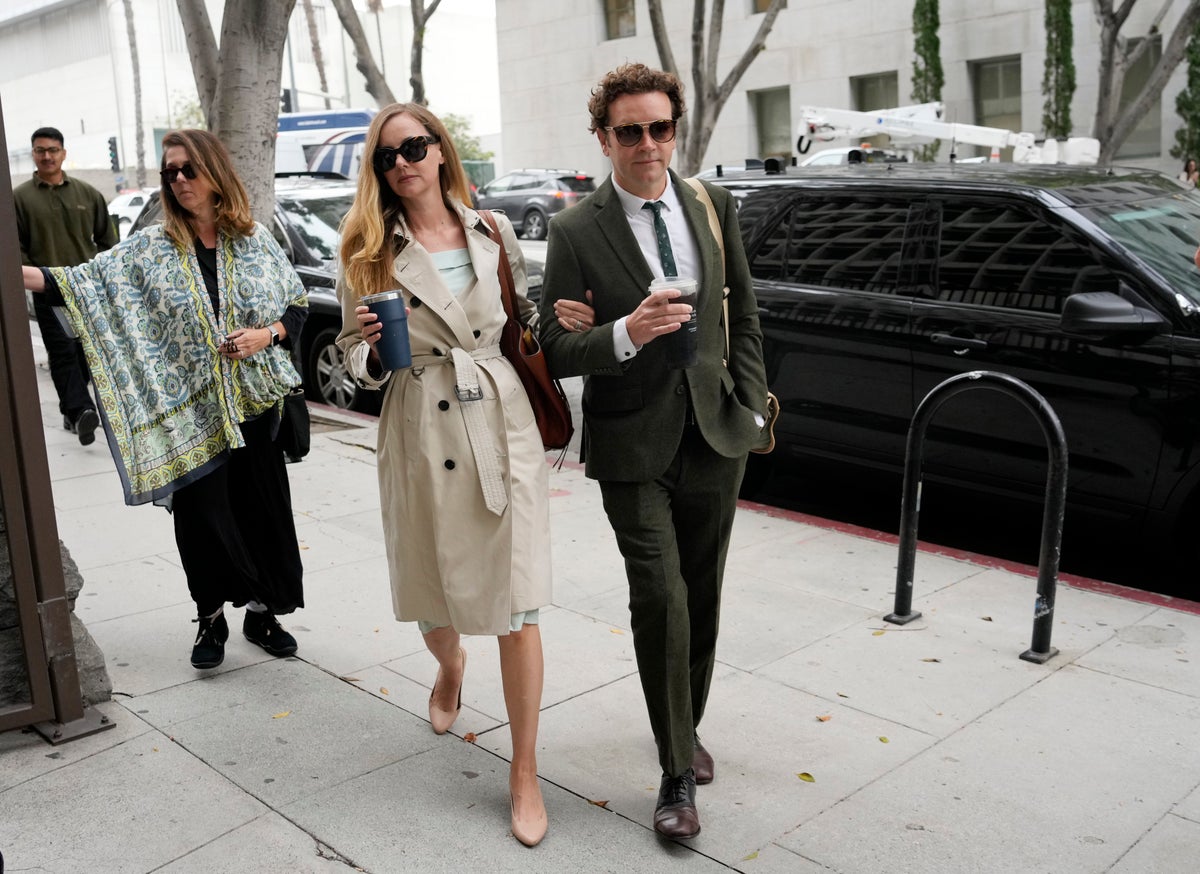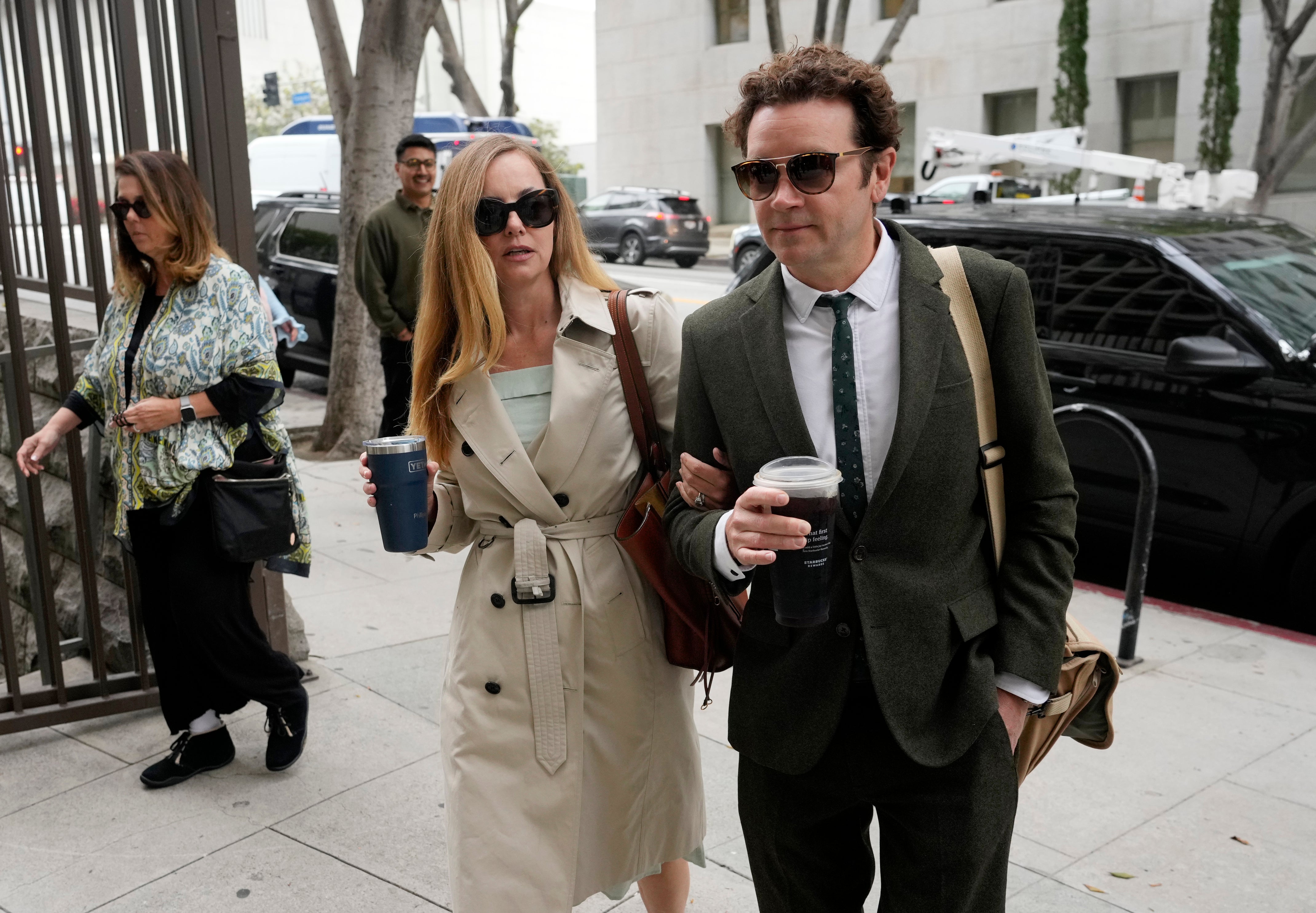
That ’70s Show star Danny Masterson has been found guilty of two counts of forcible rape in a retrial on charges of sexual assault against several women through the Church of Scientology in the early 2000s.
After deliberating for a little over a week, a Los Angeles jury delivered the verdict on Wednesday (31 May).
Jurors were unable to come to a verdict on a third count of rape.
With this conviction, however, Masterson could face a potential prison sentence of 30 years to life.
The 47-year-old actor was accused of drugging and raping three women at his home between 2001 and 2003. He was convicted of raping two of the women in 2003, but the jury was unable to reach a verdict on the third allegation from 2021, brought forward by a former girlfriend.
Masterson’s first trial ended in a mistrial in December, with jurors hopelessly deadlocked on all three counts.
The Church of Scientology, of which Masterson is a member and all three women are former members, has played an even larger role in the second trial than it did in the first.

As all three women had said the church dissuaded them from reporting Matson to the police, the judge allowed a former member of the church’s leadership to testify as an expert on the institution’s policies about going to police.
In all-day closing arguments, prosecutor Ariel Anson said that Masterson relied on his status as a prominent member in the church to avoid repercussions for years.
“They were all drugged,” Anson told the jury of seven men and five women. “The defendant drugs his victims to be in control. He does this to take away these victims’ ability to consent. This is not about consent.
“This is not about the defendant misunderstanding these victim’s signals. When he drugs them, he’s able to completely physically control them. You don’t want to have sex? You don’t have a choice… The defendant makes that choice for these victims and he does it over and over and over again.”
Masterson’s attorney Philip Cohen fought back against Anson’s claims in his closing arguments, claiming there was “no tangible evidence” to support drugging allegations.
“Miss Anson presented a case as if she was arguing a drugging case,” Cohen said. “Maybe it’s because there is no evidence of force or violence.”
He further argued that the women’s stories had been “tweaked” in their favour.
“A woman has an absolute right to say no,” Cohen said. “But when the ‘no’ comes 16 years, 17 years later… that’s a very, very scary scenario.”







